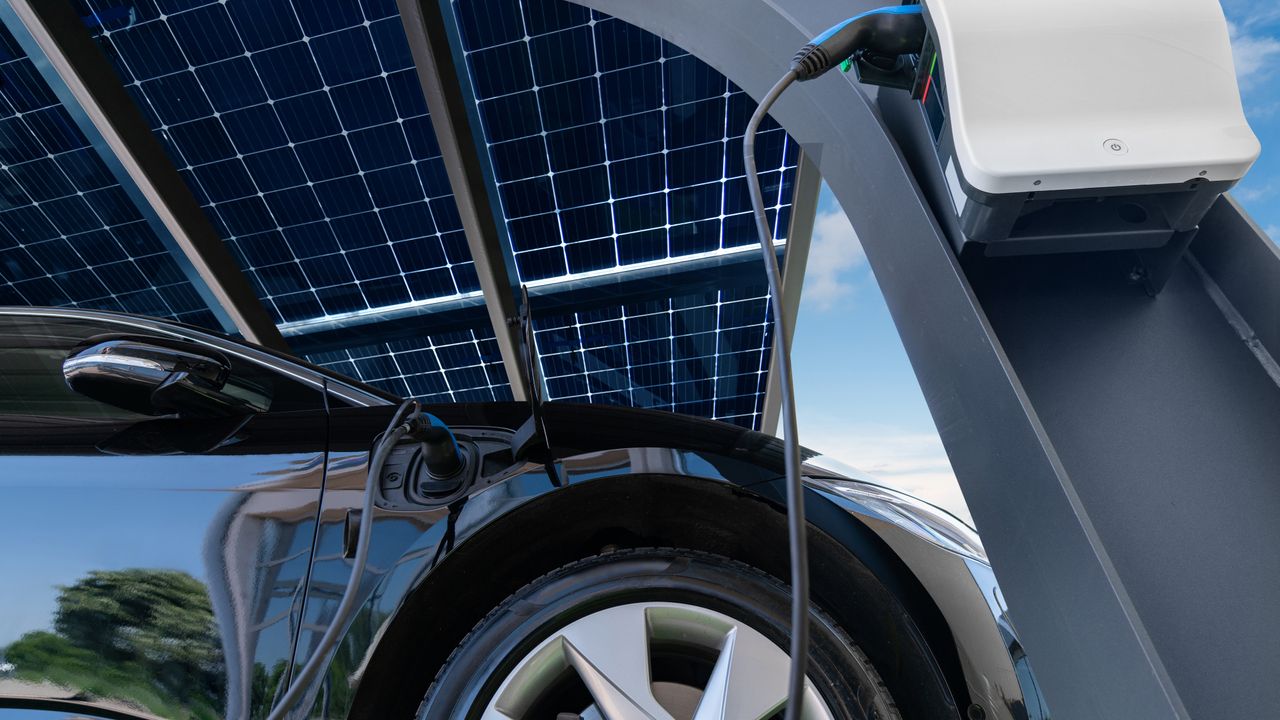EV Charging Station Scheduling: The Key to Efficient Electric Vehicle Charging
As the popularity of electric vehicles (EVs) continues to rise, so does the need for a well-organized and efficient charging infrastructure. One of the biggest challenges faced by EV owners is finding an available charging station when they need it the most. This is where charging station scheduling and reservation systems come into play, offering a solution to the problem of limited charging resources.
The Rise of Charging Station Booking
Gone are the days when EV owners had to rely solely on luck to find an available charging station. With the advent of charging station booking systems, drivers can now reserve a charging spot in advance, ensuring their vehicle will be charged when they need it.
Charging station booking platforms, such as PlugShare and ChargePoint, have revolutionized the way EV owners plan their journeys. These platforms allow users to search for available charging stations in their vicinity, view real-time availability, and book a charging slot that suits their schedule. This not only saves time and frustration but also provides peace of mind, knowing that a charging spot will be waiting for them.
Optimizing Charging Station Utilization
Charging station reservation systems not only benefit EV owners but also help optimize the utilization of charging infrastructure. By allowing users to book specific time slots, charging stations can be better managed, ensuring a more balanced distribution of charging resources.
One of the key advantages of charging station scheduling is the ability to avoid peak hours. Just like rush hour traffic, charging stations also experience high demand during certain times of the day. By implementing a reservation system, EV owners can choose to charge their vehicles during off-peak hours, reducing the strain on the charging network and minimizing waiting times.
Moreover, charging station operators can use the data collected from reservation systems to identify peak hours and plan their resources accordingly. This data-driven approach allows for better infrastructure planning, ensuring that the charging network can meet the growing demand for EV charging.
The Future of EV Charging: Smart Scheduling
While charging station booking systems have already made a significant impact on the EV charging landscape, the future holds even more exciting possibilities. The emergence of smart scheduling technologies promises to take charging station utilization to a whole new level.
Smart scheduling utilizes advanced algorithms and real-time data to optimize charging station usage dynamically. These systems consider various factors, such as the availability of charging stations, the charging speed of each station, and the charging preferences of EV owners. By analyzing this data, smart scheduling algorithms can allocate charging slots in the most efficient way possible, reducing waiting times and maximizing the utilization of charging infrastructure.
Furthermore, smart scheduling can integrate with other smart city technologies, such as renewable energy sources and grid management systems. This integration allows for the prioritization of clean energy sources when charging EVs, promoting a more sustainable and eco-friendly transportation system.
In Conclusion
Charging station scheduling and reservation systems have revolutionized the way EV owners plan their journeys and utilize charging infrastructure. These systems not only provide convenience and peace of mind but also optimize the utilization of charging resources. As technology continues to advance, the future of EV charging holds even more exciting possibilities with the emergence of smart scheduling technologies. With the right infrastructure in place, the transition to electric mobility can be smoother and more efficient than ever before.
